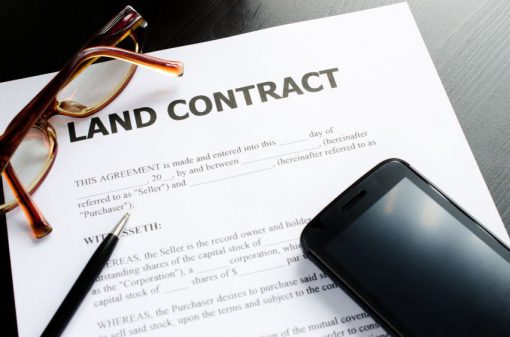Tips and advice


House Painting Costs 2025: Will It Increase Property Value?
Discover 2025 house painting costs in Australia. Learn how a fresh coat can increase property value and whether it's worth the investment before selling.

Should You Drop Your Sale Price? What Sellers Need to Know
Struggling to sell your property? Learn when to drop your sale price, what to try first, and how an experienced real estate agent can help you sell faster.

Should Buyer and Seller Use the Same Conveyancer or Solicitor?
Thinking of sharing a conveyancer with the buyer or seller? Learn why separate representation protects your interests and how a real estate agent can help.

Build or Sell Your Land? What Landowners Need to Consider
Own vacant land? Learn whether to build, sell, or subdivide. Understand 2025 building costs, hidden expenses, and how a real estate agent can help you decide.

How to Choose a Property That Will Grow in Value
Looking for a property that will increase in value? Learn 5 key factors—from location to build quality—and find a real estate agent to guide your investment.

Should You Install a Water Tank to Add Property Value?
Considering a water tank? Learn how it can increase your property value for sale or rent, reduce water bills, and appeal to eco-conscious buyers and tenants.

How to Request Buyer Feedback When Selling Your Home
Learn how to request buyer feedback, what questions to ask, and how an experienced agent can help you adjust your sales strategy.

What Is a Property Report? The Complete Guide
Learn what's included in a property report, why it matters for buyers and sellers, and how to get a free property appraisal to understand your home's true value.

How to Sell and Buy a House at the Same Time | Guide
Selling and buying property simultaneously? Learn 4 proven strategies—from extended settlements to bridging loans—and find the right agent to manage both.

Do You Need a Conveyancer to Transfer Property Title?
Transferring a property title? Learn why you need a conveyancer, common reasons for title transfers, costs involved, and how to find the right professional.

How Much Is My Property Worth? Valuation Guide
Find out what your property is worth with our free online valuation tool, or compare agents to get a professional appraisal. Understand your home's true value.

Bathroom Renovation Costs Australia 2025 | Price Guide
How much does a bathroom renovation cost in Australia? From $5,000 budget refreshes to $35,000+ luxury remodels. Get an appraisal first to maximise ROI.






